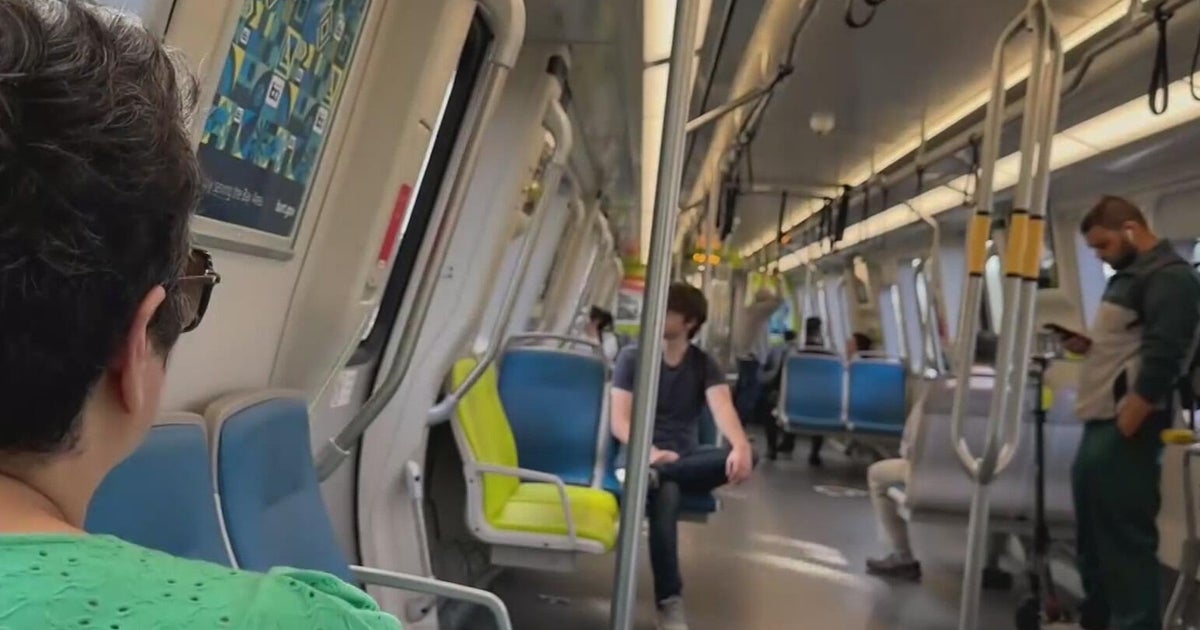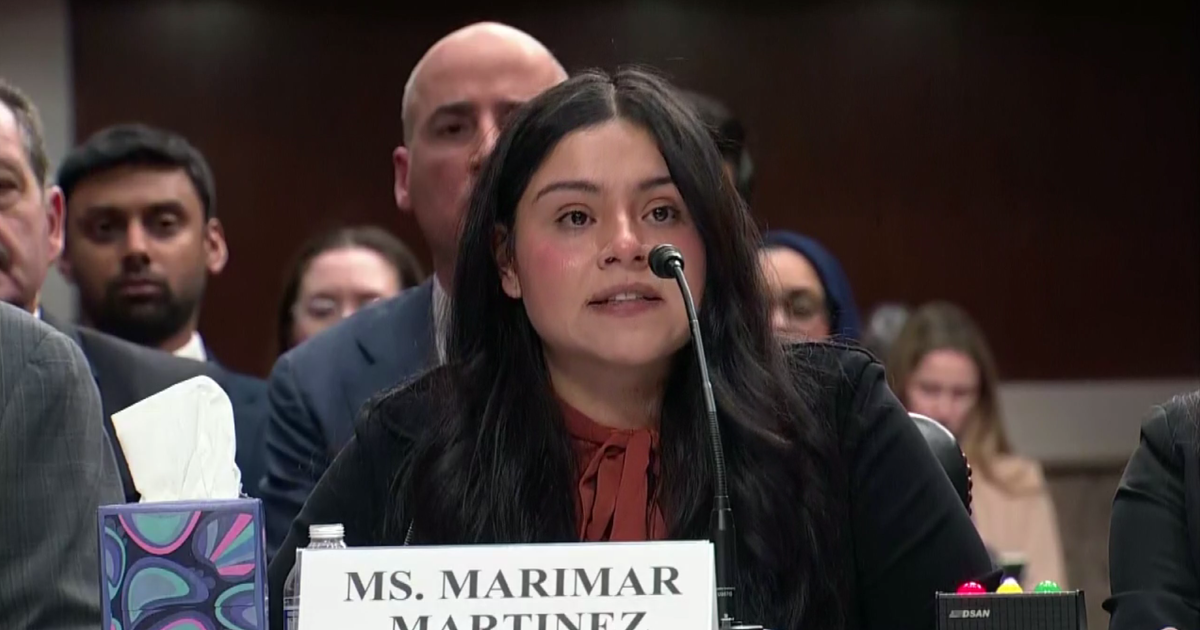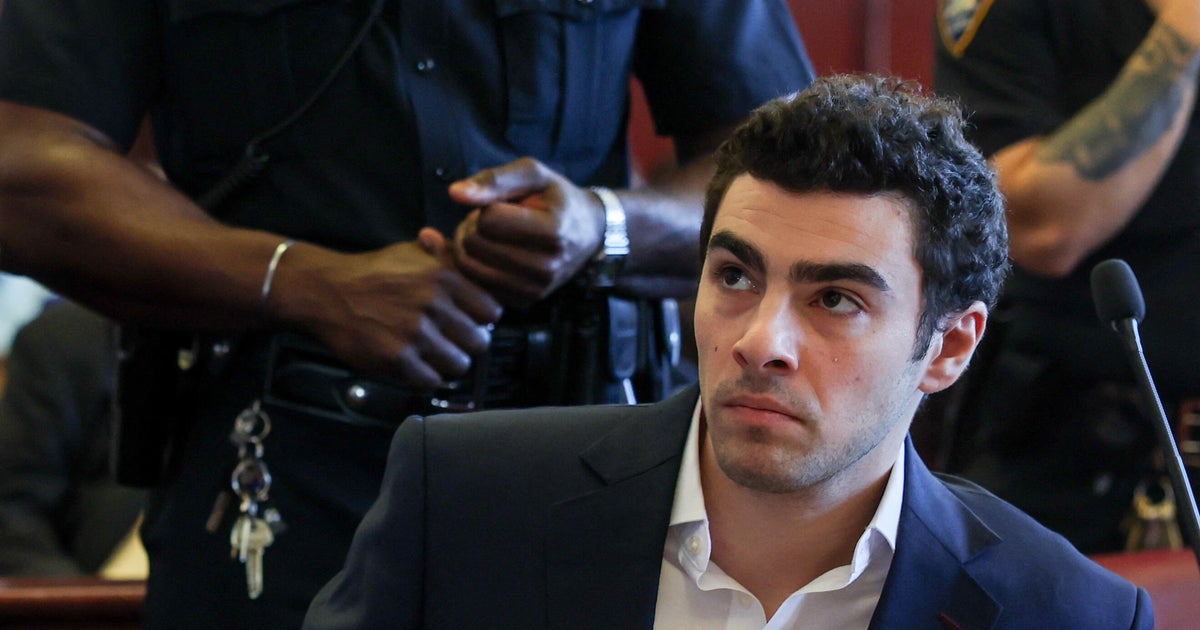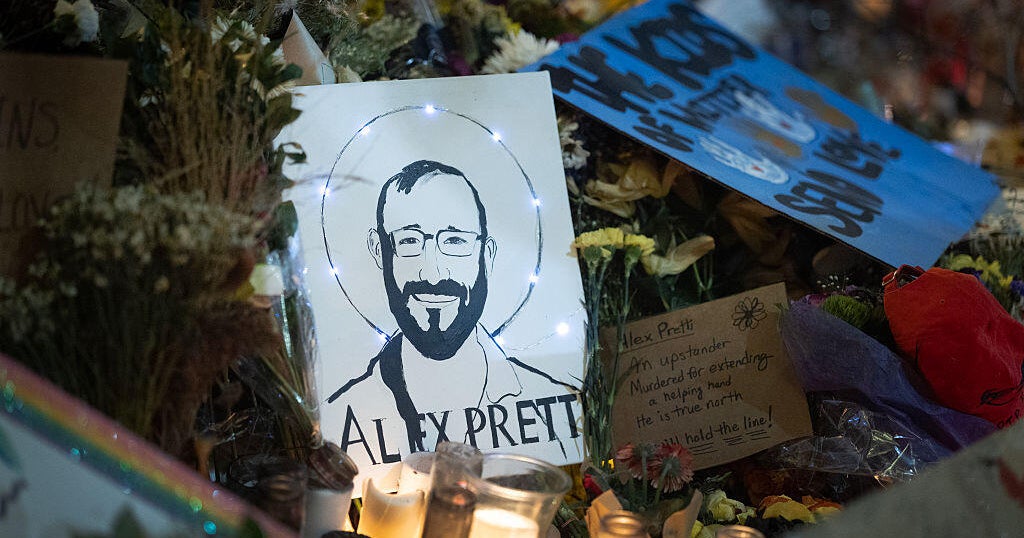State Backs Challenged Ballot Proposals
Follow CBSMIAMI.COM: Facebook | Twitter
TALLAHASSEE (CBSMiami/NEWS SERVICE OF FLORIDA) -- Attorney General Pam Bondi's office is asking the Florida Supreme Court to reject a legal challenge that seeks to block six proposed constitutional amendments from going on the November ballot.
In a 47-page brief filed late Monday, Bondi's office disputed arguments that the proposed amendments, placed on the ballot by the Florida Constitution Revision Commission, violate First Amendment rights and improperly tie together unrelated subjects.
Plaintiffs, including former Supreme Court Justice Harry Lee Anstead, filed the case last week, arguing that combining disparate issues in single ballot proposals violates First Amendment rights of voters and is "logrolling" of issues that should be considered separately. It raised the specter of voters having conflicting views of issues in the same ballot proposal.
But Bondi's office said in the brief that the Constitution Revision Commission is not limited to including only one subject in individual ballot proposals. That is different, the brief said, from citizens' ballot initiatives that are limited to single subjects. The 37-member Constitution Revision Commission meets every 20 years and has unique power to place measures on the ballot.
"Florida law does not impose a single-subject requirement on revisions proposed by the CRC," the brief, written by state Solicitor General Amit Agarwal and Chief Deputy Solicitor General Edward Wenger, said. "To the contrary, the Florida Constitution affirmatively authorizes multi-subject revisions proposed by the CRC, granting the commission authority not only to propose revisions to 'any part of' the Florida Constitution on a piecemeal basis, but also to propose revisions to 'this Constitution' as a whole."
The legal challenge focuses, at least in part, on choices that voters might be forced to make at the ballot box. For example, one of the challenged amendments known as Amendment 9, asks voters to approve a ban on offshore oil drilling and a ban on vaping and the use of electronic cigarettes in workplaces --- issues on which a voter could have conflicting views.
"This is logrolling and a form of issue gerrymandering that violates the First Amendment right of the voter to vote for or against specific independent and unrelated proposals to amend the Constitution without paying the price of supporting a measure the voter opposes or opposing a measure the voter supports," the case said. "This (Supreme) Court has acknowledged that the right to vote is a fundamental right that may not be abridged in the absence of a compelling and narrowly drawn state interest."
But Bondi's office Monday called the First Amendment argument a "novel constitutional theory" that does not have a basis in legal precedents or history.
"Moreover, even if the First Amendment included the right petitioners' claim, the CRC had an entirely rational basis for bundling some of the amendments for inclusion on the 2018 general election ballot," the brief said. "According to election officials, long ballots often discourage citizens from voting at all, and if the CRC had listed all the proposed amendments separately, there would appear 25 questions on the ballot this fall. … In other words, the CRC acted reasonably and with the proper intention of minimizing ballot fatigue when it decided to bundle proposed constitutional amendments."
The case seeks to block six of eight proposed constitutional amendments that the commission placed on the Nov. 6 ballot. Along with the proposal about oil drilling and vaping, the challenge targets:
--- A proposal that includes expanding the rights of crime victims and raising the mandatory retirement age of judges.
--- A proposal dealing with governance of the state-college system and death benefits for survivors of first responders and military members.
--- A proposal that would impose term limits on school-board members and require increased "civic literacy" education.
--- A proposal that includes changing the start dates of legislative sessions and requiring charter county governments to have elected constitutional officers.
--- A proposal that includes removing constitutional language that prohibits "aliens ineligible for citizenship" from owning property and revising language to make clear that the repeal of criminal statutes does not affect the prosecution of crimes committed before the repeal.
"The News Service of Florida's Jim Saunders contributed to this report."







